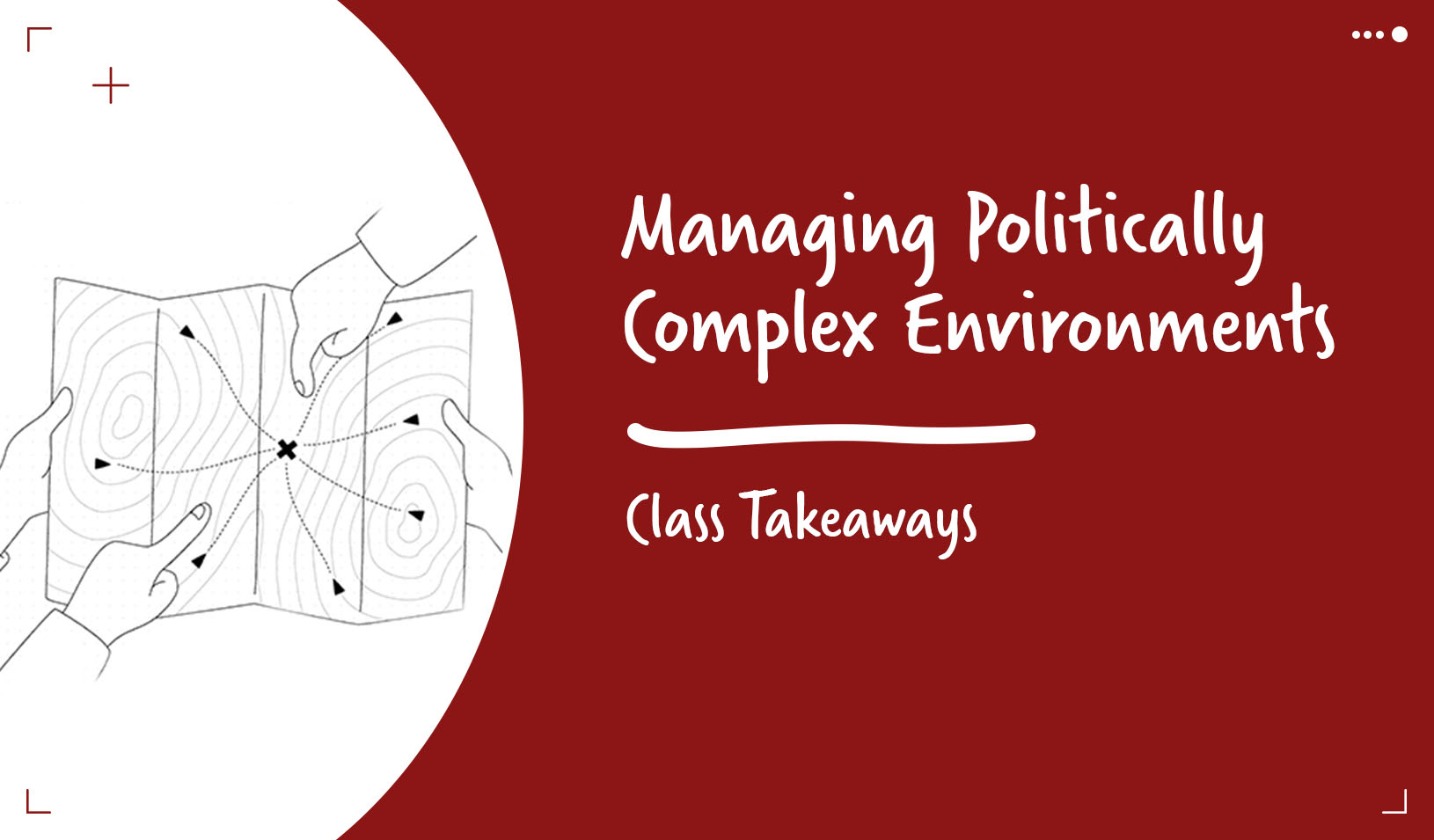Tony Hsieh, CEO of fast-growing online shoe and apparel retailer Zappos.com, takes happiness seriously. There’s surprise free overnight shipping upgrades for VIP customers, and a corporate face so friendly that lonely people are known to telephone Zappos’ corporate call center at all hours just to talk (the longest phone conversation so far lasted eight hours.)
Hsieh is such a rock star that he has 1.7 million followers on his Twitter site and the retailer has landed more than once on Fortune magazine’s annual 100 Best Companies to Work For list. Two Zappos fans even got married at the business’ Henderson, Nev., offices earlier this year; there’s a video of the upbeat ceremony on the company’s website. Since taking over as CEO, Hsieh has vowed to do whatever it takes to keep his employees, customers, and vendors happy — even if it might not seem to make the best business sense — because his strategy leads to profits in the end.
Hsieh discussed his unorthodox approach to building Zappos — widely praised in corporate circles as a playful, innovative, and zany company with a fiercely loyal customer base — during a talk as part of a business school MBA elective course. Jennifer Aaker, the General Atlantic Professor of Marketing, teaches the course, Designing Happiness. In early October Hsieh zipped by the business school as part of a cross-country tour promoting his first book, Delivering Happiness: A Path to Profits, Passion, and Purpose (Business Plus, 2010), one of the texts Aaker uses in her class.
Internet giant Amazon.com acquired Zappos in 2009, a year after the upstart retailer’s sales topped $1 billion. Even with Seattle-based Amazon as its owner, Zappos retains its unique culture, one that has led to 75% of its daily sales coming from repeat customers.
“We’re not trying to maximize efficiency. We’re trying to maximize the customer experience,” Hsieh (pronounced “Shay”) told an audience of MBA students and alums assembled in Bishop Auditorium on October 11. “Our whole belief is that if you get the company culture right, most of the other stuff — like delivering great service or building a long-term, enduring brand — will just happen naturally on its own.” The company’s culture begins with the hiring process. In addition to having the skills needed to do their job, all new hires must work in the corporate call center accepting orders, and some spend time in the warehouse packing shipments. They must also possess the company’s core values, particularly Number 10 — “Be Humble.”
“There are a lot of smart, talented people out there who are also egotistical,” and therefore not a good culture fit, Hsieh explained. “While other companies might ignore that trait, for us it’s not a question — we just won’t hire them.” To separate workers who are truly committed to the company’s success from those just wanting to collect a paycheck, Zappos offers a $2,000 to $3,000 payment to people who voluntarily quit during their first few months on the job. About 2 to 3% of new hires accept that offer, but the real benefit is apparent in those who stay.
People who turned the offer down must ask themselves, “Is this a company I really believe in, is this a company I want to be a part of, and is this a culture I want to contribute to?” Hsieh said, adding that workers who stay “are that much more passionate and engaged.”
Remaining aligned with the company’s values remains central to an employee’s success. Half of a worker’s performance review is based on whether they are living the Zappos culture and inspiring it in others, Hsieh said. At the same time the company will fire anyone “who is bad for our culture, even if they’re doing a specific function perfectly fine.”
Hsieh started on the path of entrepreneurship while he was an undergraduate computer science major at Harvard University, where he ran a pizzeria in his dorm. After graduating in 1995, he cofounded internet advertising company LinkExchange. In 1999, when he was only 24, Hsieh sold LinkExchange to Microsoft for $265 million.
Loving the start-up life, he and Harvard chum and former LinkExchange employee Alfred Lin then founded Venture Frogs, an incubator and investment firm. But, after funding about 20 internet companies including Ask Jeeves and Tellme Networks, Hsieh said investing grew boring. “I felt like I was always sitting on the sidelines,” he said. “I really missed being part of building something.”
One of the fund’s investments was Zappos, which Hsieh called “the most exciting and the most promising” of all the startups in their portfolio. He soon became Zappos’ CEO, while Lin is now the chief financial officer.
Retailer Amazon is well known for its breadth and efficiency, but Hsieh said since the merger the internet sales giant has left his company’s unique business identity alone.
In fact, Zappos recently began exporting its philosophy, holding training sessions to teach a wide variety of other businesses how to deliver better customer service using the retailer’s culture-building techniques. “For us, it’s been rewarding, this whole idea of happiness as a business model that works in other industries and other companies,” Hsieh said.
For media inquiries, visit the Newsroom.






